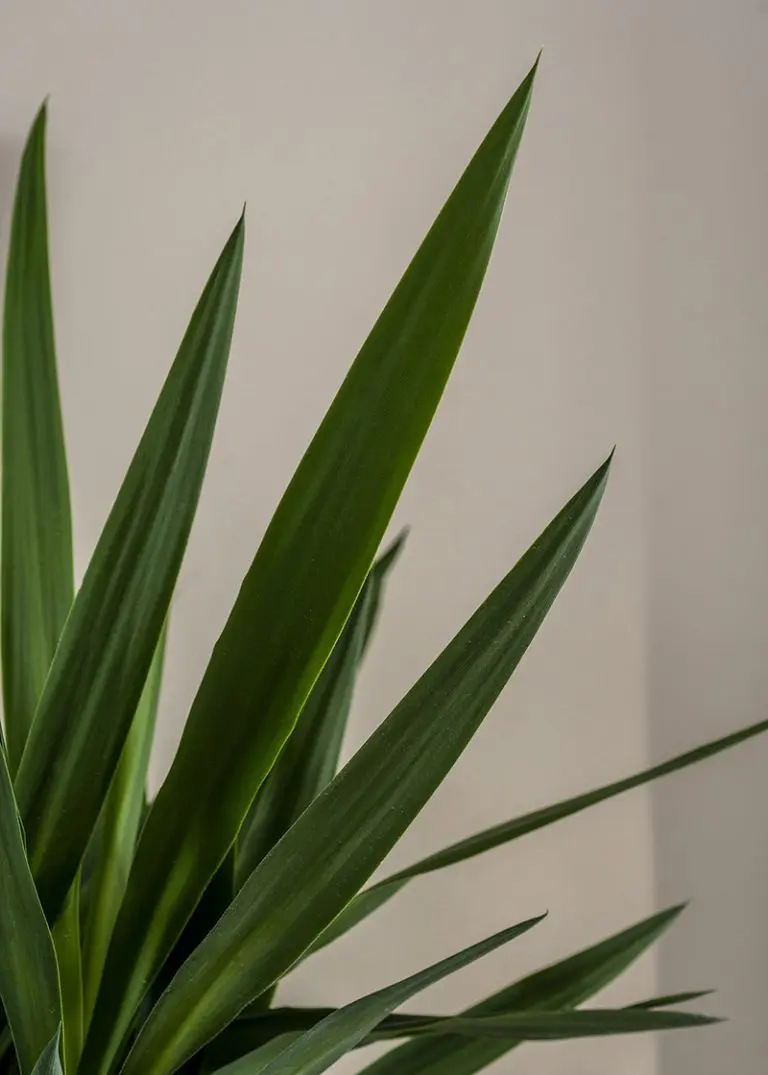A time release fertiliser in spring should give the plant most of the nutrients it needs for the rest of the season.
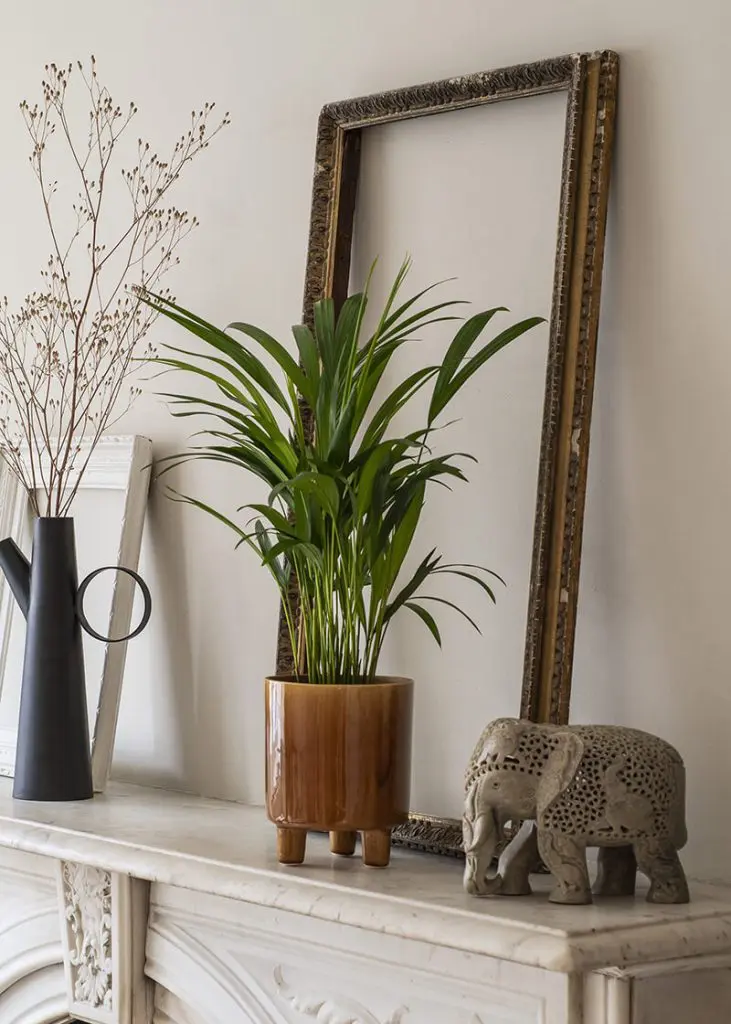
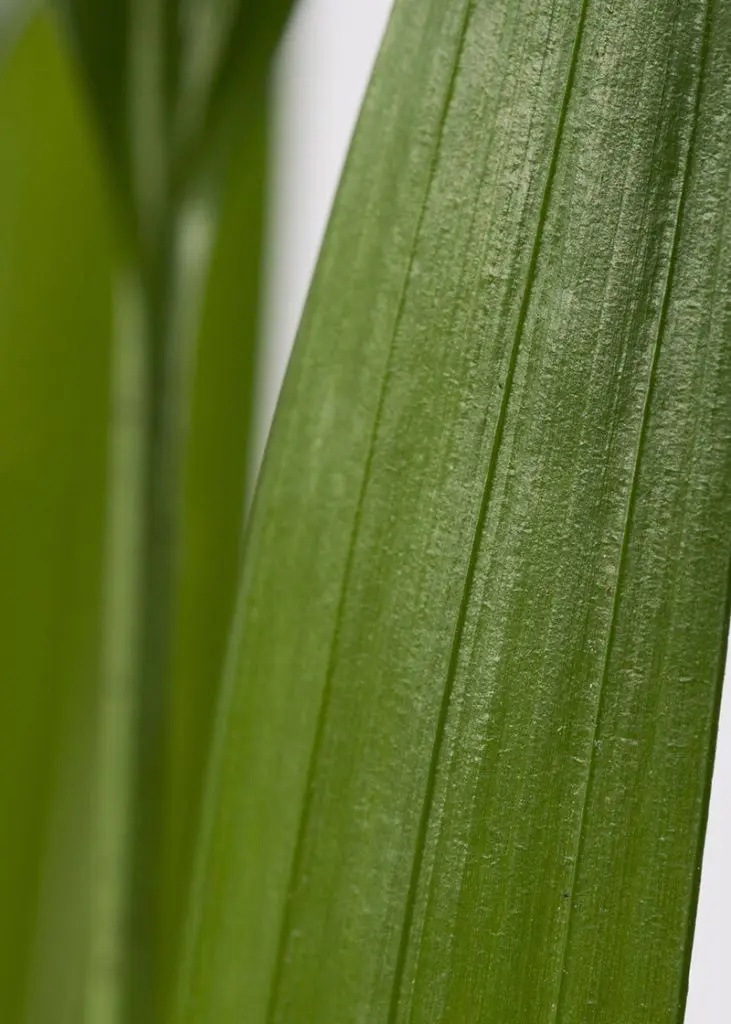
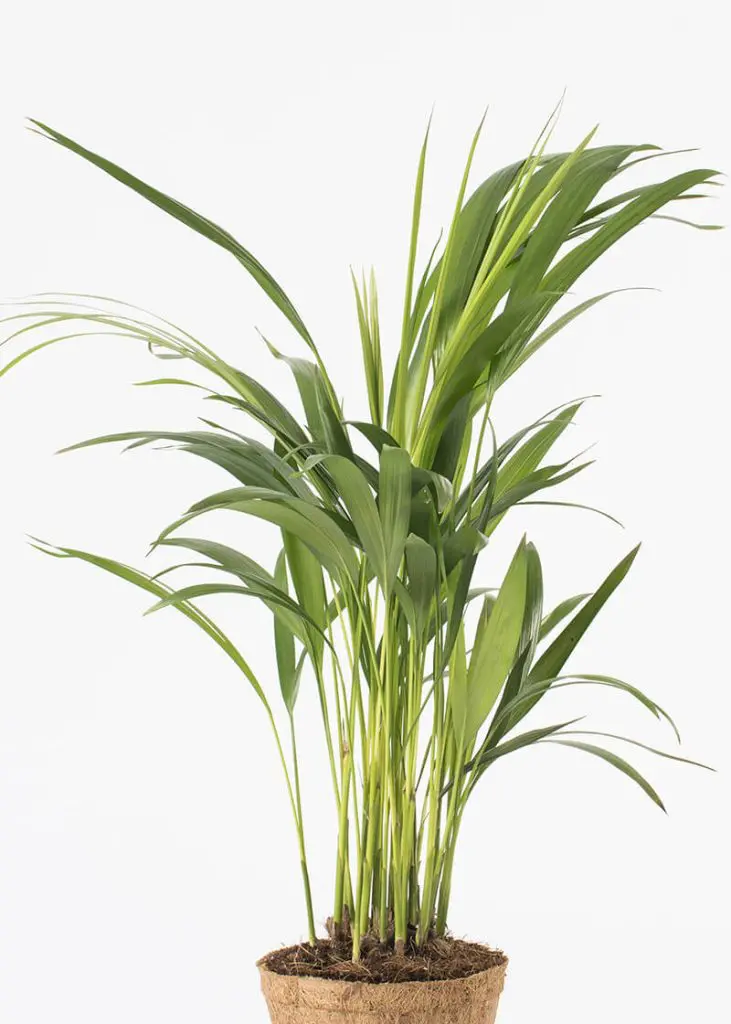
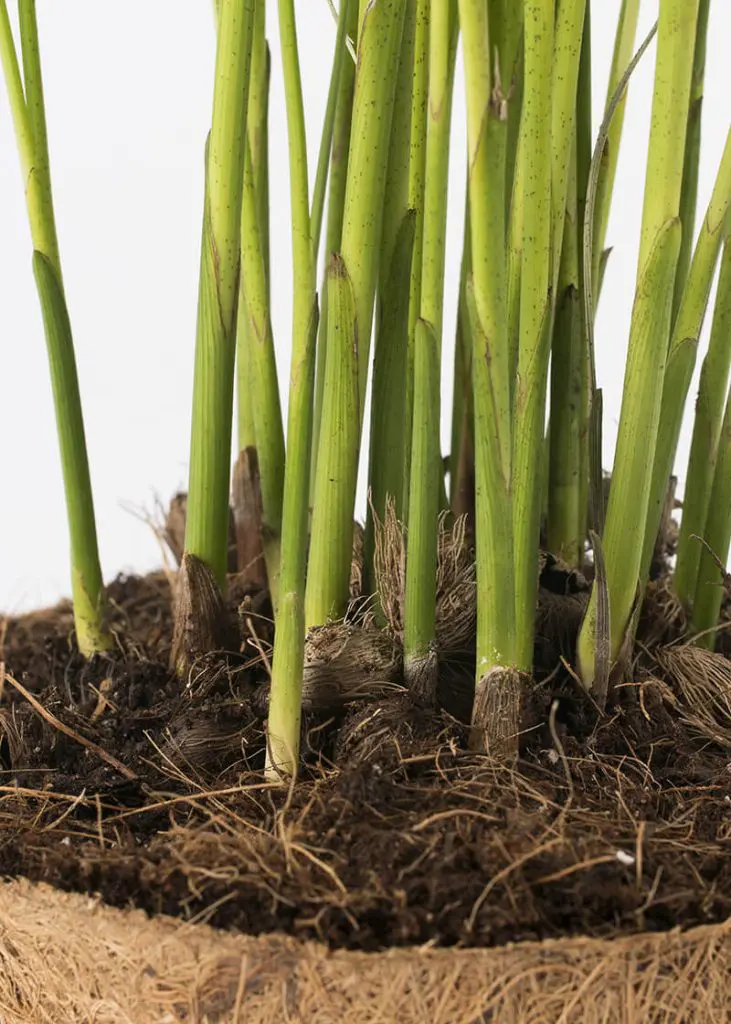
More commonly known as the “Areca Palm”, this is a species of flowering plant in the family of Arecaceae.
Latin name
Dypsis lutescens
Pronunciation
(“DIP-sis loo-TESS-enz”)
Common name
Areca Palm
Origin
Madagascar
In its native Madagascar this plant is considered an endangered species – its numbers are decreasing in the wild. Similar to bamboo, these palms have smooth, sometimes golden trunks and narrow fronds. Outdoors they can grow 4-9m tall, indoors they’re unlikely to top 2m.
Did you know?
*Dypsis lutescens*, commonly known as the Areca Palm or Butterfly Palm, is named for its graceful, arching fronds that resemble butterfly wings.
Dypsis lutescens is non-toxic to pets and humans. It is safe for cats, dogs and children, making it a favourite choice for pet-friendly homes and indoor gardens.
caring for your plant

Light
Prefers full to partial sun. Indoor plants need to be near a very bright window.

Watering
Must be planted in a well drained site or container. Water frequently enough to keep the soil lightly moist in spring and summer. In winter and autumn however, allow it to dry slightly between waterings.

Pruning
Pruning or trimming is not often needed – however dying fronts can be carefully removed once they are mostly brown.

Feeding

pest & diseases
The areca palms are vulnerable to common pests including mites, aphids, mealybugs, scale and whiteflies.
Our plants are grown in Ecoponic, an alternative to soil. Officially known as a vulkaponic substrate, it replaces traditional compost with a clean, mineral-based medium that helps protect peatlands.
According to the IUCN UK Peatland Programme, “A loss of only 5% of UK peatland carbon would be equal to the UK’s annual greenhouse gas emissions.” As well as storing carbon, the natural wetlands where peat is found are critical to the survival of plants and wildlife. Ecoponic also improves plant health and uses water more efficiently.
Find out more about Ecoponic here.

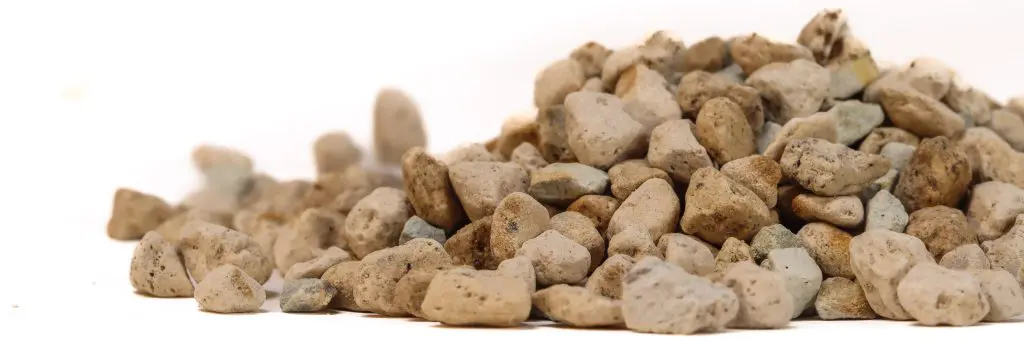
Buy one of my cousins from the nursery
Did you know?
Research from the University of Exeter found that offices with plants can increase productivity by up to 15% while also improving concentration and job satisfaction.
Plantopedia is brought to you as part of our Engage & Bloom workplace experience program.
explore more
Why not continue your journey through the plant world. Explore more plants, their stories, habitats and the benefits they bring to spaces.

